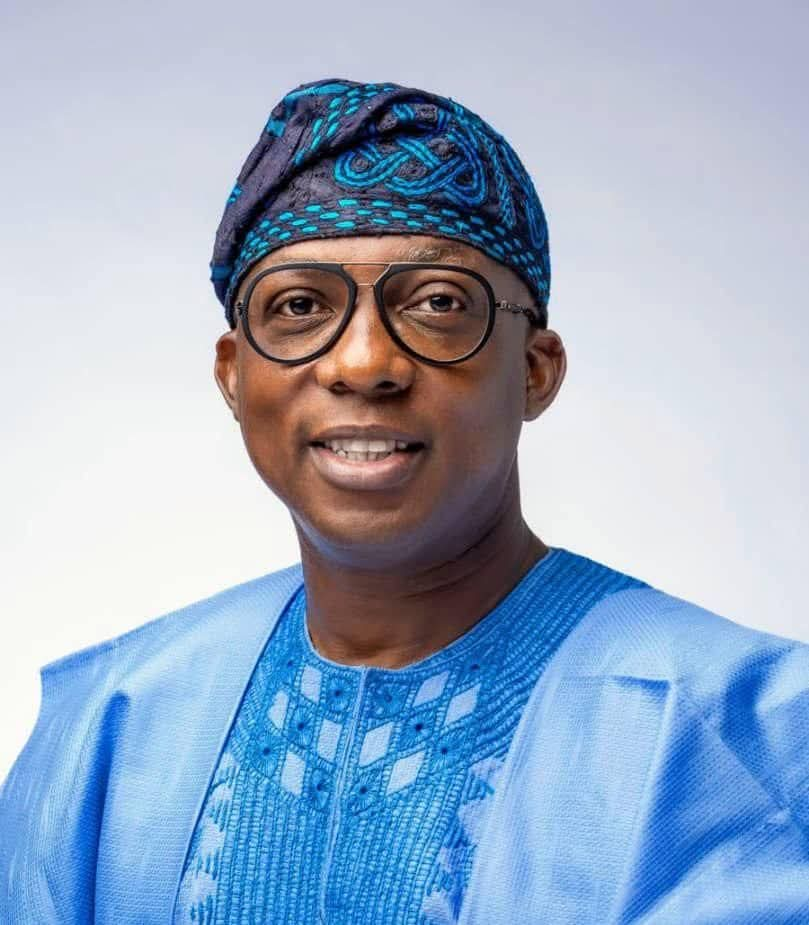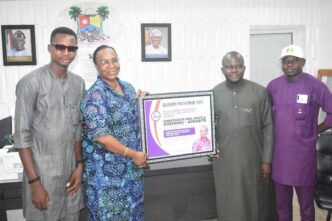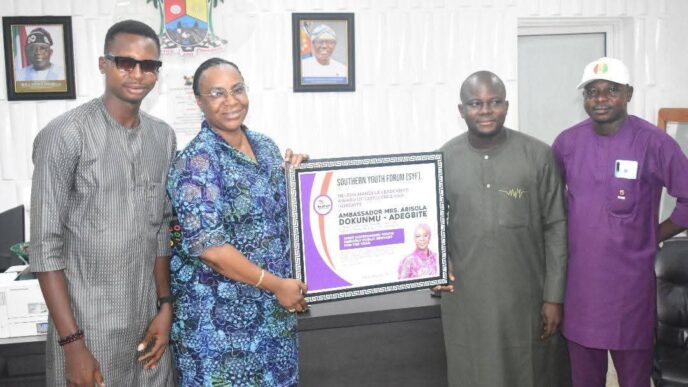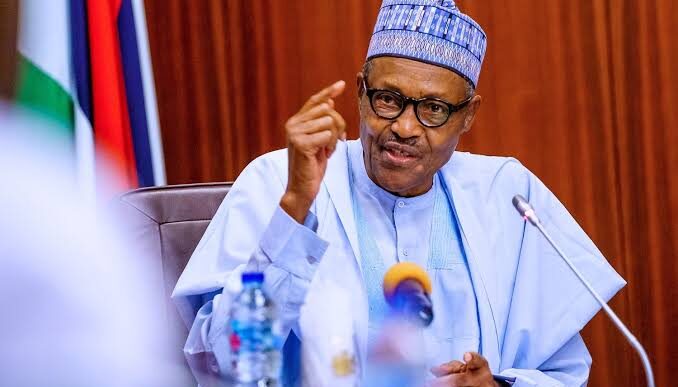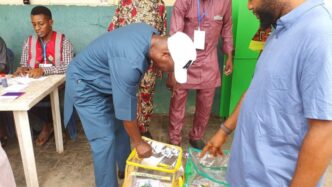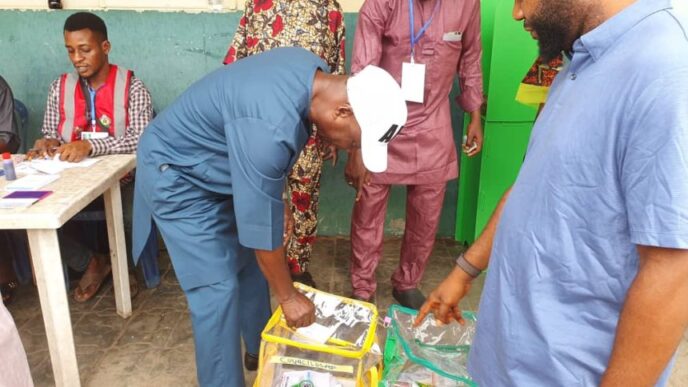To tackle Lagos State’s growing waste management crisis and mitigate climate-related risks, the Lagos State Government has announced plans to adopt Waste-to-Energy Plants as a central strategy to reduce the volume of waste reaching its overstretched landfills.
The announcement was made by the Commissioner for the Environment and Water Resources, Mr. Tokunbo Wahab, during his presentation at the Lagos Investors Summit 2.0, held at Eko Hotel and Suites, Victoria Island.
Wahab said the proposed Waste-to-Energy Plant, to be located in Epe, is a transformational project designed to convert municipal solid waste into clean, usable energy, while addressing flooding and other environmental concerns.
The project aligns with the summit’s theme, “Scaling Action: Bold Solutions for Making a Lagos 21st Century Economy.”
According to Wahab, Lagos currently faces significant challenges in solid waste management:
- Over 80% of landfill capacity is nearing exhaustion;
- Only 63% of households are covered by formal waste collection systems;
- A staggering 67% of households rely on illegal waste dumping.
“These practices not only pose health hazards but also contribute heavily to drainage blockages, exacerbating flooding during extreme weather events,” he said.
Wahab highlighted that the Waste-to-Energy initiative is expected to:
- Generate clean energy for up to 2 million Lagosians;
- Prevent flooding by removing waste from drainage channels;
- Reduce the need for expanded landfill space;
- Support the National Energy Transition Plan;
- Promote carbon-conscious facility design;
- Offer a projected IRR of 12% over a 20-year operating period.
With an estimated capital expenditure of $400 million, the plant will also be a self-amortising project, expected to generate sustainable revenue through electricity sales and tipping fees.
Notably, the project will operate under a Private Sector-led Design, Build, Finance, and Operate (DBFO) model, with minimal government intervention. Wahab emphasized that this approach ensures scalability and long-term sustainability.
In addition to the energy facility, Wahab also revealed that Lagos is developing an Early Warning System for Extreme Weather Events, which will serve as a critical disaster management tool to provide a risk databank, enable real-time alerts and protect infrastructure, lives, and property from heatwaves and floods.
“Lagos is already highly vulnerable to climate risks, and by 2050, most parts of the state could face extreme heat and flooding. We must act now to future-proof our infrastructure and environment,” Wahab concluded.
The Waste-to-Energy strategy is set to play a pivotal role in Lagos’ resilience agenda, further reinforcing Governor Babajide Sanwo-Olu’s vision of #AGreaterLagosRising through innovative and sustainable urban development.
